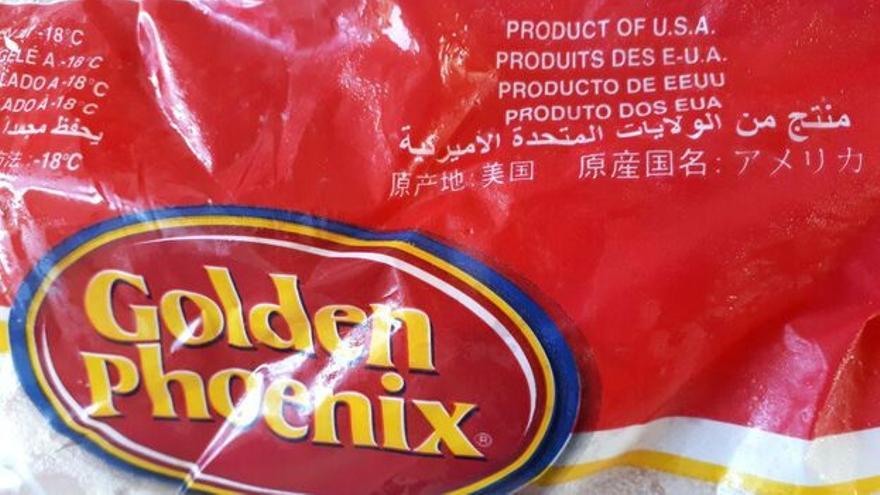
![]() 14ymedio, Havana, 21 July 2022 — On Wednesday, the United States Congress rejected, by 260 votes to 163, an amendment presented by Democratic legislator Rashida Tlaib that proposed expanding agricultural trade with Cuba and authorizing deferred payment for a year.
14ymedio, Havana, 21 July 2022 — On Wednesday, the United States Congress rejected, by 260 votes to 163, an amendment presented by Democratic legislator Rashida Tlaib that proposed expanding agricultural trade with Cuba and authorizing deferred payment for a year.
Republican Congressman Mario Díaz-Balart celebrated the defeat of the measure and said that he won’t support initiatives that seek to make unilateral concessions to the Cuban government, which he called a “brutal and anti-American regime.” He added that while “hundreds of political prisoners are still in prison, we cannot reduce the pressure on a regime that uses its income to further oppress the Cuban people.”
Last Tuesday, the Foreign Affairs Committee of the Lower House of the United States issued a statement explaining Amendment 137, which aimed to facilitate the export of food and agricultural products to the island.
In the statement, Congressmen Gregory Meeks and Jim McGovern supported the amendment. “This common sense legislation, which has been supported by both sides and by agricultural groups throughout the country for more than a decade, would create thousands of agricultural jobs in the United States while providing desperately needed food at a lower cost to the Cuban people.”
Both legislators argued that the economic crisis facing the island is what forces thousands of Cubans to stand in line for food and leave for the southern border of the United States. “This amendment would help alleviate the economic burden by suspending U.S. agricultural export regulations and extending credit to Cuban food buyers for a year.”
However, they didn’t explain that food and medicine are exempt from the U.S. embargo. Among the demands is that Cuba has to pay in cash up front, an anomaly in the international context, but one which hasn’t prevented tons of food from arriving monthly on the island.
In 2021, the U.S. Department of Agriculture indicated that the U.S. doubled its chicken exports to Cuba, which amounted to $253 million.
Last April, a group of U.S. farmers participated in the Third Agricultural Conference in Havana, where they discussed the possibility of increasing trade and selling, in addition to chicken, wheat, corn, beans, milk and beer, but affirmed that the embargo was an obstacle.
After the conference, the Cuban side claimed the right to export to raise money and buy other products that cannot be produced on the island. “We don’t want them to give us anything. We want the possibility to buy and sell,” said the cooperative member, Abelardo Alvarez.
According to data from the United States Congressional Research Service, before 1959 Cuba was the ninth country in the export market for U.S. agricultural products, while today it is below 50th. In addition, the island also sold products to its northern neighbor.
The National Association of State Departments of Agriculture of the United States maintains that without the embargo, exchanges would be around $1 billion per year, compared to the current $250 million.
Translated by Regina Anavy
____________
COLLABORATE WITH OUR WORK: The 14ymedio team is committed to practicing serious journalism that reflects Cuba’s reality in all its depth. Thank you for joining us on this long journey. We invite you to continue supporting us by becoming a member of 14ymedio now. Together we can continue transforming journalism in Cuba.
